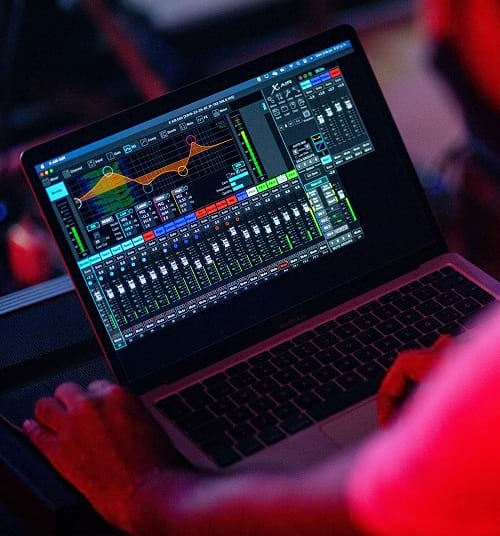A COMPREHENSIVE GUIDE TO A CAREER IN SOUND ENGINEERING
Sound is an essential yet often-overlooked aspect of our lives and the media and entertainment industry. Whether you talk about a concert that left you overwhelmed, a film that had an impactful background score, a theatrical production that gave you goosebumps, or even a video game that got your adrenaline pumping thanks to the audio effects and music - it is all down to the ‘sound’.
Can you imagine what films like The Dark Knight, Inception, or Joker would feel like without their background score and original soundtrack (OST)? Dull, dry, and dreary, to say the least. Thanks to the unrestrained advancements in technology (both analogue and digital), the quality of audio we receive as an audience in every walk of life have improved drastically. From movies and songs to live gigs and games, the sound industry is scaling new heights with every passing year.
The time is ripe for those considering sound engineering as a career. sound engineering as a career in India, especially over the last two decades, has become a mainstream career choice for people with a penchant for audio and sound technology.
Here is everything you need to know about a career in sound engineering.



